Introduction to Online Therapy for Mood Disorders
As mental health awareness grows, so does the accessibility of treatment options. Online therapy services have emerged as a practical and effective approach for managing depression and mood disorders. These platforms connect individuals with licensed mental health professionals through digital means, making seeking help easier, more private, and more adaptable to busy lifestyles. This article explores the scope, effectiveness, and practicalities of accessing online therapy for mood-related conditions, illustrating why virtual mental health care is transforming traditional approaches.
Understanding Mood Disorders: Symptoms, Causes, and Diagnosis
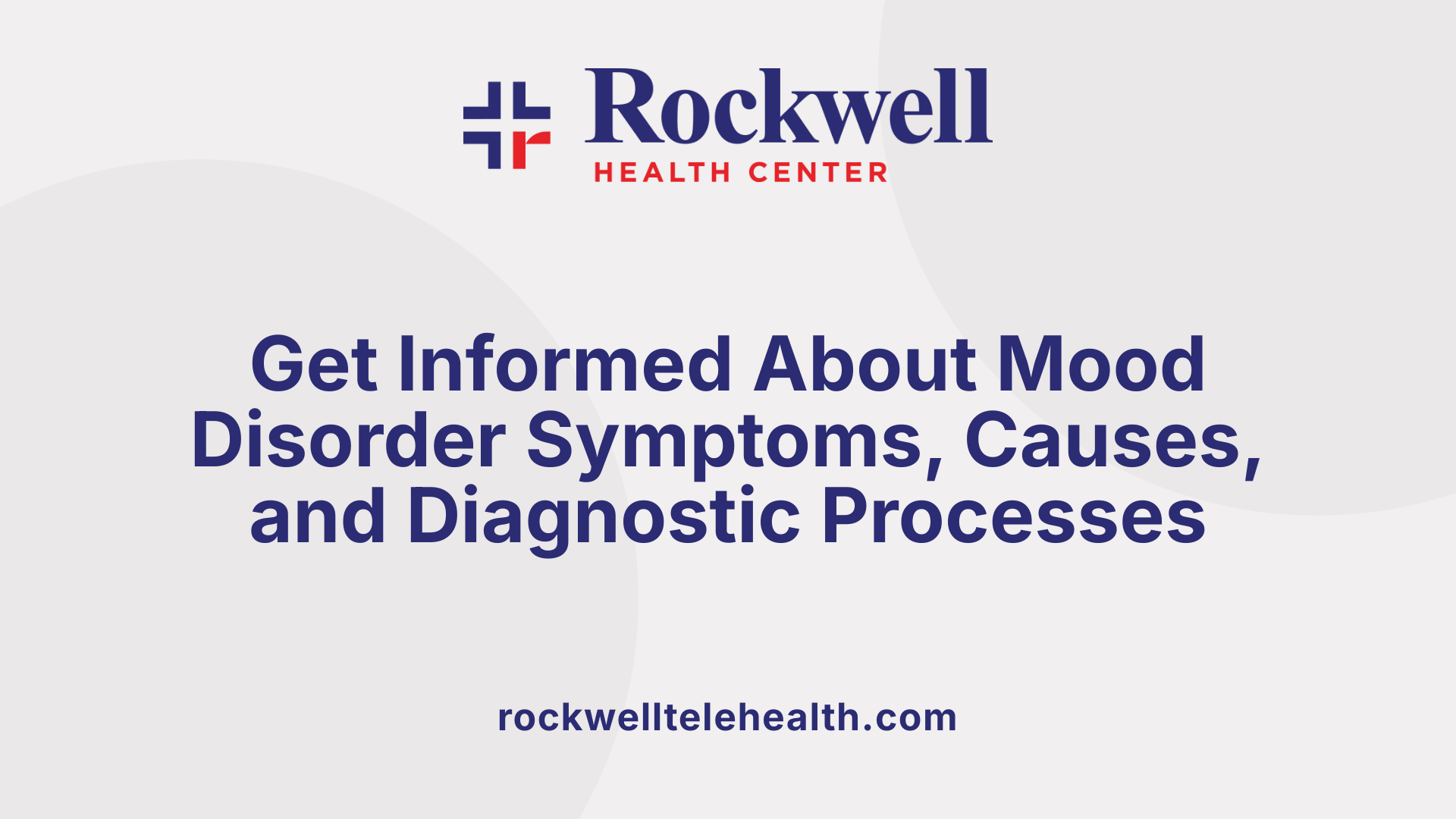
What are the symptoms, causes, and diagnosis methods for mood disorders?
Mood disorders are complex mental health conditions that involve significant and often long-lasting changes in emotional state. They manifest through a variety of symptoms that affect an individual's daily functioning and overall well-being.
Common symptoms of mood disorders include persistent feelings of sadness, loss of interest or pleasure in activities, significant changes in sleep patterns—either insomnia or hypersomnia—along with changes in appetite and weight. In cases of depression, individuals often experience feelings of worthlessness, excessive guilt, and even suicidal thoughts. Bipolar disorder, on the other hand, may involve episodes of heightened energy, racing thoughts, impulsivity, and manic or hypomanic episodes.
The causes of mood disorders are thought to be multifaceted. Biological factors such as alterations in brain structure and chemical imbalances, particularly involving neurotransmitters like serotonin and norepinephrine, play a significant role. Genetic predisposition is also important; individuals with a family history of mood disorders are at higher risk. Additionally, environmental stressors—including traumatic events, persistent chronic illness, or significant life changes—can trigger or worsen these conditions.
Diagnosing mood disorders involves a comprehensive process conducted by mental health professionals. The initial step is often a clinical interview where the clinician reviews the patient's history, symptoms, and duration of mood changes. Diagnostic criteria from the DSM-5 (Diagnostic and Statistical Manual of Mental Disorders, Fifth Edition) are used to understand whether the individual's symptoms align with specific mood disorder diagnoses such as Major Depressive Disorder or Bipolar I or II Disorder.
Medical history and family history are carefully examined to identify genetic factors or previous episodes. Physical examinations may be performed to rule out other medical conditions that could mimic mood disorder symptoms, such as thyroid problems or neurological issues. These assessments help ensure an accurate diagnosis.
Appropriate diagnosis allows for tailored treatment plans, which may include medication such as antidepressants, mood stabilizers, or antipsychotics, alongside talk therapy approaches like cognitive-behavioral therapy (CBT). For severe cases or treatment-resistant mood disorders, additional interventions like electroconvulsive therapy (ECT) may be considered.
Understanding the symptoms, causes, and diagnosis methods of mood disorders is essential for early intervention and effective management, helping individuals lead healthier, more balanced lives.
Overview of Online Therapy Services for Depression and Mood Disorders
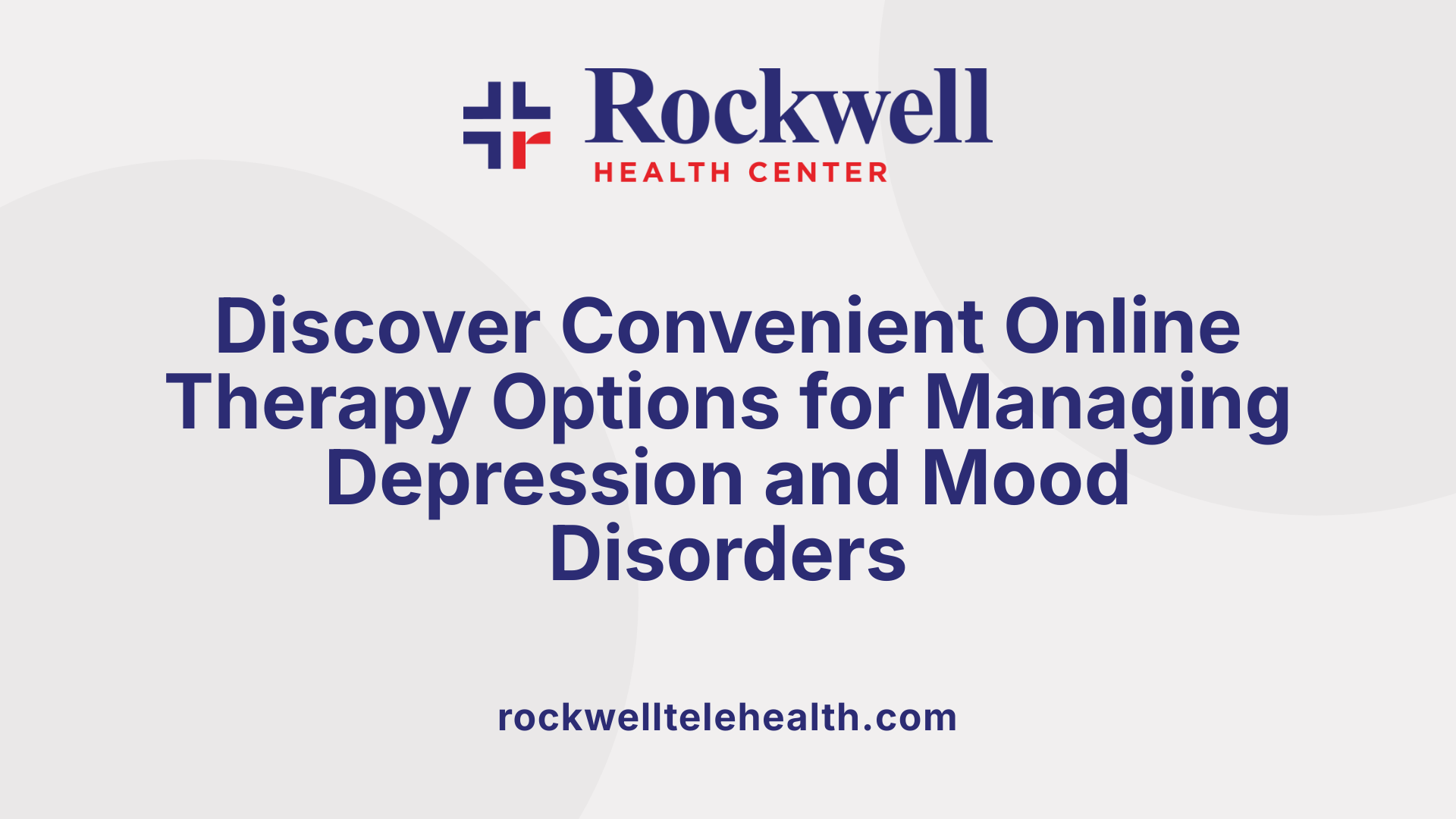
What are online therapy services for depression and mood disorders?
Online therapy services for depression and mood disorders are digital platforms that provide mental health treatment remotely. They allow individuals to work with licensed psychologists, psychiatrists, or therapists through internet-based tools like live video calls, voice sessions, chat messaging, or asynchronous communication.
These services are designed to increase accessibility, offering quick connection times—often within just a couple of days—and flexible scheduling options that fit into busy lifestyles. Many platforms, such as Talkspace, Teladoc Health, Cerebral, and Brightside, also accept insurance, making mental health care more affordable for many users.
The treatment approaches used are based on scientific evidence. Typical methods include cognitive-behavioral therapy (CBT), psychoeducation, medication management, and lifestyle adjustments. Some platforms provide integrated care, combining therapy with psychiatric consultations for medication guidance—covering medications like SSRIs and SNRIs, which are proven effective for depression and mood disorders.
Studies show that these online interventions can be just as effective as traditional face-to-face therapy. For example, research published in reputable journals indicates that about 70% of users experience improvement in their symptoms within three months of starting treatment. Additionally, a high percentage of users report reductions in depression and anxiety, emphasizing the proven value of online mental health support.
In summary, online therapy services bridge gaps in mental health care by providing convenient, evidence-based support from licensed professionals, helping individuals manage depression and mood disorders from the comfort of their own homes.
How Online Therapy for Depression and Mood Disorders Works
Online therapy for depression and mood disorders involves engaging with licensed mental health professionals through digital platforms. Typically, therapy can be conducted via live video sessions, secure messaging, or telephone calls, providing flexible options for clients.
Most online services prioritize real-time interaction, enabling clients to receive diagnosis, counseling, and ongoing support within a safe and confidential environment. The process often starts with a quick matching to a licensed provider—sometimes within two days—so clients can begin their treatment without delay.
A widely used and well-researched method in online therapy is Cognitive Behavioral Therapy (CBT). This approach helps individuals recognize and modify negative thought patterns, develop coping strategies, and implement behavioral changes to manage their depression or mood symptoms effectively.
The benefits of online therapy include increased accessibility and convenience, notably reducing barriers related to transportation, scheduling conflicts, and stigma. Privacy is also enhanced, as clients can engage from the comfort and safety of their homes.
During sessions, therapists may share educational resources, assign homework, and use various tools to assist clients outside of live interactions. Many platforms integrate medication management and connect clients to broader healthcare services, ensuring comprehensive care.
Research supports that online therapy can be as effective as face-to-face treatment for depression and mood disorders. Studies consistently find high rates of symptom improvement, with up to 80% of users reporting comparable or better results than traditional therapy.
In summary, online therapy's combination of flexible communication modes, evidence-based practices, and immediate access makes it a valuable and effective option for those seeking relief from depression and mood-related issues.
Effectiveness and Benefits of Online Therapy
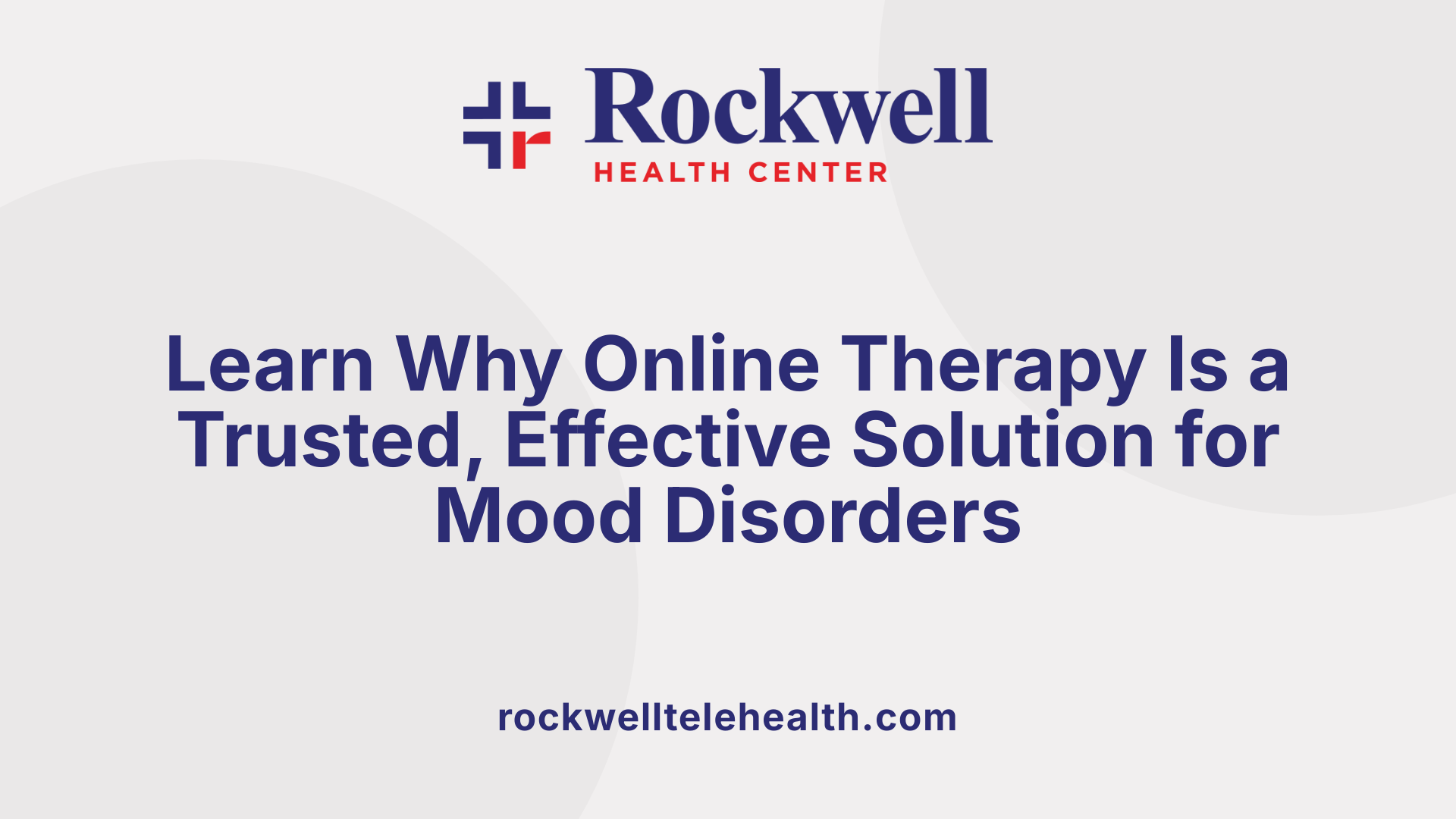
Are online therapy services effective for mental health conditions like depression and mood disorders?
Research consistently shows that online therapy is a reliable and effective treatment option for conditions such as depression and mood disorders. Multiple scientific studies, including meta-analyses and systematic reviews, have demonstrated that therapies delivered digitally can produce results comparable to traditional face-to-face sessions.
Large controlled trials have found no significant difference in symptom reduction between patients treated via telehealth and those attending in-person therapy. In fact, many patients report high levels of satisfaction with online services, praising their convenience and accessibility.
A study published in the Journal of Telemedicine and e-Health noted that 70% of users experienced improvements in anxiety or depression symptoms within just three months of starting online therapy. Platforms like Talkspace, Cerebral, and Brightside are backed by evidence-based practices, ensuring that treatment methods are scientifically validated.
Furthermore, these services typically include a variety of therapeutic approaches such as Cognitive Behavioral Therapy (CBT), dialectical behavior therapy (DBT), and medication management, making them versatile in addressing different mental health needs.
Overall, the weight of scientific evidence confirms that digital mental health services are not only convenient but also effective, providing a valuable option for those managing depression and mood disorders.
Available Online Treatment Options for Depression and Mood Disorders

What are the different online therapy treatment options available for depression and mood disorders?
Online treatment options for depression and mood disorders encompass a range of evidence-based therapies and services designed to meet individual needs. Key psychotherapies include cognitive-behavioral therapy (CBT), interpersonal therapy, and group therapy. These approaches are delivered through various digital formats such as live video sessions, voice calls, live chat, and asynchronous messaging, offering flexibility and accessibility.
Platforms like Talkspace often pair clients with licensed therapists within a short timeframe—usually within two days—and support the full spectrum of communication formats. These services allow clients to switch therapists easily if desired, ensuring a personalized fit.
Beyond talking therapies, medication management plays a vital role. Online psychiatric providers like Talkiatry, Cerebral, and Teladoc enable patients to consult with licensed psychiatrists who can prescribe medications such as SSRIs (like Lexapro and Zoloft), SNRIs (like Cymbalta), or other personalized treatments. These virtual appointments often include ongoing follow-up to monitor progress and adjust prescriptions.
In addition to structured therapy and medication, some platforms offer supplementary resources like self-guided programs, videos, workbooks, or educational courses to reinforce treatment strategies.
For severe or treatment-resistant depression, advanced options such as transcranial magnetic stimulation (TMS) or electroconvulsive therapy (ECT) are available but typically administered in clinical settings rather than online.
| Treatment Type | Description | Delivery Method | Additional Notes |
|---|---|---|---|
| Psychotherapy | Evidence-based therapies like CBT, DBT, and interpersonal therapy | Video, chat, phone, messages | Delivered by licensed therapists, often with quick matching |
| Medication Management | Prescription and monitoring of antidepressants | Telepsychiatry | Prescribed by licensed psychiatrists; includes routine follow-up |
| Advanced Treatments | TMS or ECT for resistant cases | Clinical setting | Not widely available online, requiring in-person procedures |
Overall, online mental health care offers a versatile and effective means for managing depression and mood disorders, combining therapeutic interventions, medication oversight, and supportive resources, all accessible from the comfort of home.
Costs, Coverage, and Insurance for Online Therapy
What are the costs and coverage options for online therapy?
Online therapy costs can vary significantly based on the provider, the type of service, and the individual’s insurance plan. Subscription-based services often range from $109 to $399 monthly, providing access to unlimited messaging, video, or voice sessions. Individual therapy sessions typically cost between $65 and $150. Many major insurance providers, including Aetna, Cigna, Blue Cross Blue Shield, and Medicare, now offer coverage for online mental health services. With insurance, copays can be as low as $0 to around $15 per session, and some plans even cover unlimited sessions.
Platforms like Talkspace, Teladoc, Brightside, and others accept insurance, offering flexible formats such as live video, chat, or messaging. Coverage specifics depend on the insurance plan, with many states, like Michigan, enacting telehealth parity laws that ensure online therapy is covered equivalently to in-person visits. These laws help make mental health care more affordable and accessible.
It’s important for individuals to check directly with their insurance providers or platforms to confirm coverage details, copay amounts, and session limits, as these can vary widely. Overall, online therapy presents a more affordable and accessible option, especially when insurance coverage is utilized, making mental health support more attainable for many.
Research Supporting Online Mental Health Treatments
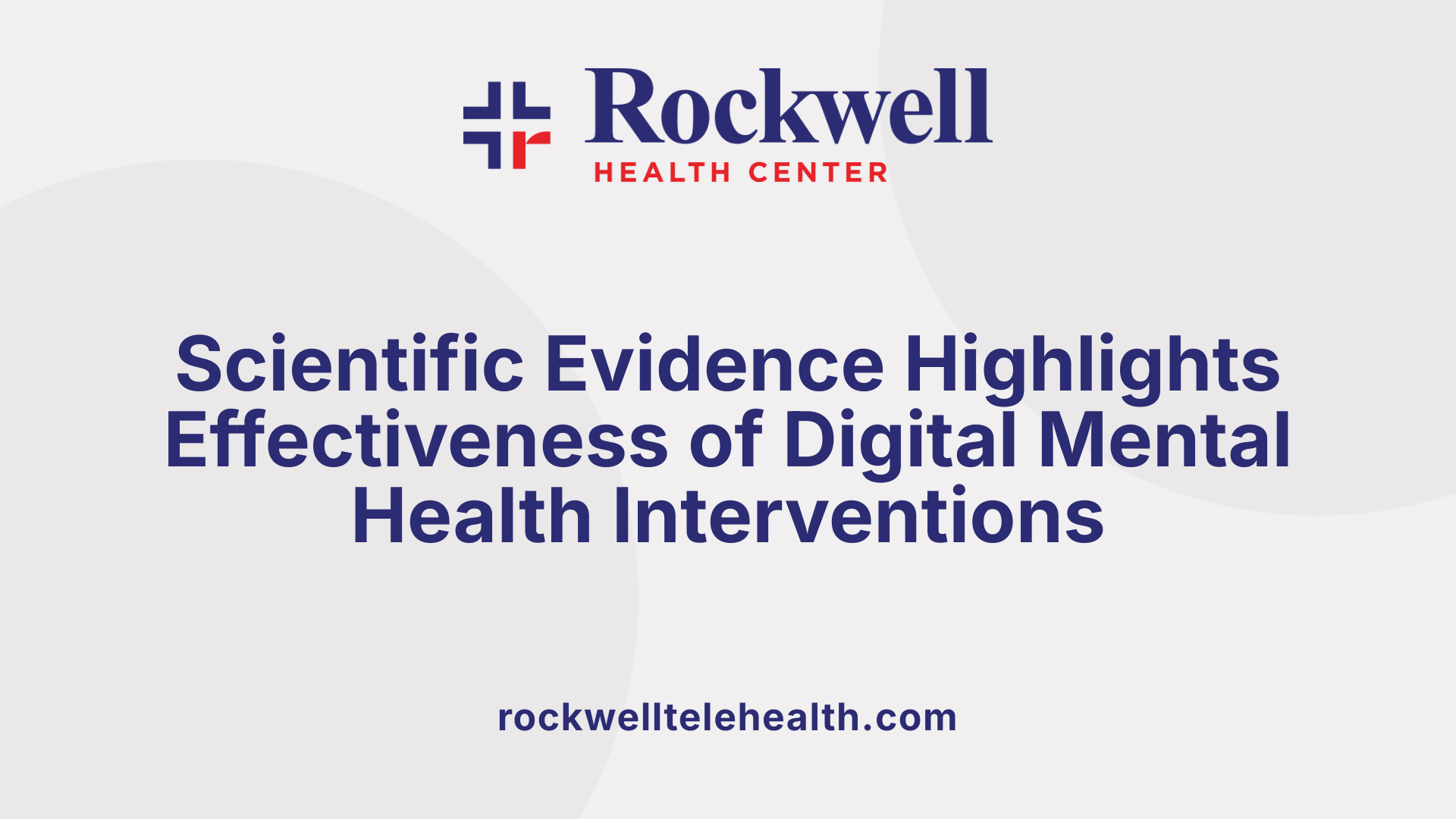 Studies consistently show that online mental health therapies are effective in managing symptoms of depression and mood disorders. Meta-analyses and systematic reviews have highlighted that digital interventions, such as internet-based cognitive-behavioral therapy (iCBT), smartphone apps, and virtual platforms, can provide symptom relief comparable to traditional in-person therapy.
Studies consistently show that online mental health therapies are effective in managing symptoms of depression and mood disorders. Meta-analyses and systematic reviews have highlighted that digital interventions, such as internet-based cognitive-behavioral therapy (iCBT), smartphone apps, and virtual platforms, can provide symptom relief comparable to traditional in-person therapy.
A notable review published in the Journal of Telemedicine and e-Health found that about 70% of users experienced improvements in anxiety and depression within three months of starting online treatment. Furthermore, over 80% of users report similar or better effectiveness compared to face-to-face therapy, indicating that virtual methods are a reliable alternative.
Randomized controlled trials support these findings, demonstrating measurable reductions in depressive symptoms, with many individuals seeing significant improvement after just a few sessions. For example, data shows that 76% of patients report symptom improvement after only three therapy visits via virtual platforms.
In addition to effectiveness, online mental health treatments are advantageous in terms of cost and accessibility. They reduce barriers such as transportation and scheduling conflicts, making therapy feasible for more people. Several studies confirm the cost-effectiveness of online interventions, especially when insurance covers these services, further enhancing accessibility.
Overall, the growing body of scientific research underscores that online mental health treatments are a valid, proven option supported by high-quality evidence for improving mental health outcomes.
The Future of Accessible Mental Health Care
The landscape of mental health treatment is rapidly evolving, with online therapy emerging as a cornerstone for accessible, effective, and personalized care for depression and mood disorders. Advances in technology, combined with growing evidence of efficacy and increasing insurance coverage, are making virtual mental health services a viable option for many. Whether through real-time video sessions, messaging, or comprehensive online programs, individuals now have a range of tools at their disposal to manage their mental health from the comfort of their home. As ongoing research continues to validate these approaches, the integration of AI and digital monitoring tools promises an even more tailored and proactive future for mental health support. Online therapy is no longer just an alternative; it is becoming the standard pathway for accessible, stigma-free mental health care.
References
- Talkspace - #1 Rated Online Therapy, 1 Million+ Users
- Mood Disorder: Symptoms, Treatment, and Online Care
- Online Mental Health Care That Caters to You | Cerebral ...
- Online Support Groups
- 7 Best Online Depression Treatment Options in 2024
- Access Depression Treatment California With Online Therapy
- Online Therapy & Mental Health Counseling
- How Online Depression Therapy Truly Works
- Charlie Health: Virtual Mental Health, Substance Use ...
- Home | SAMHSA - Substance Abuse and Mental Health ...



















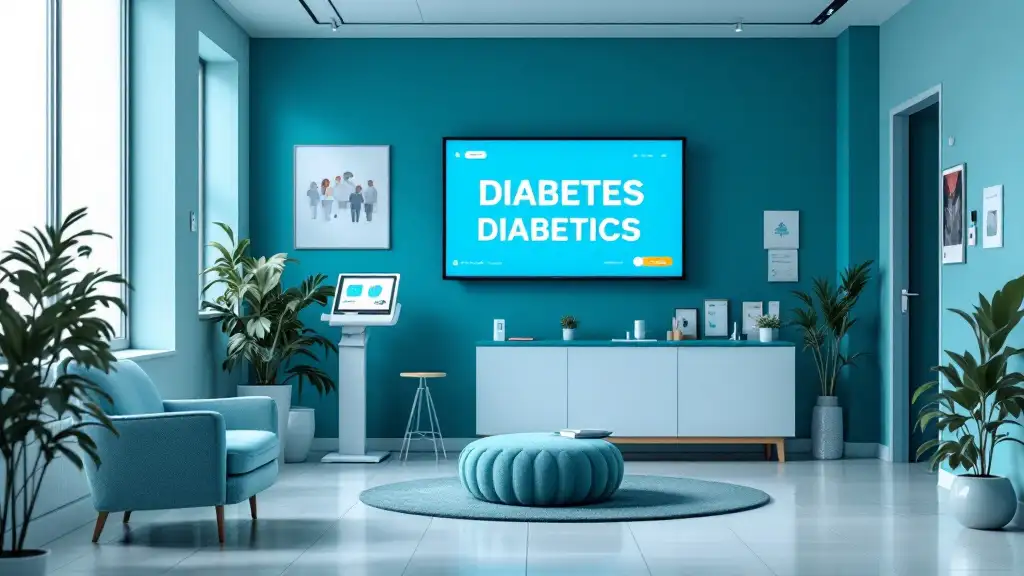
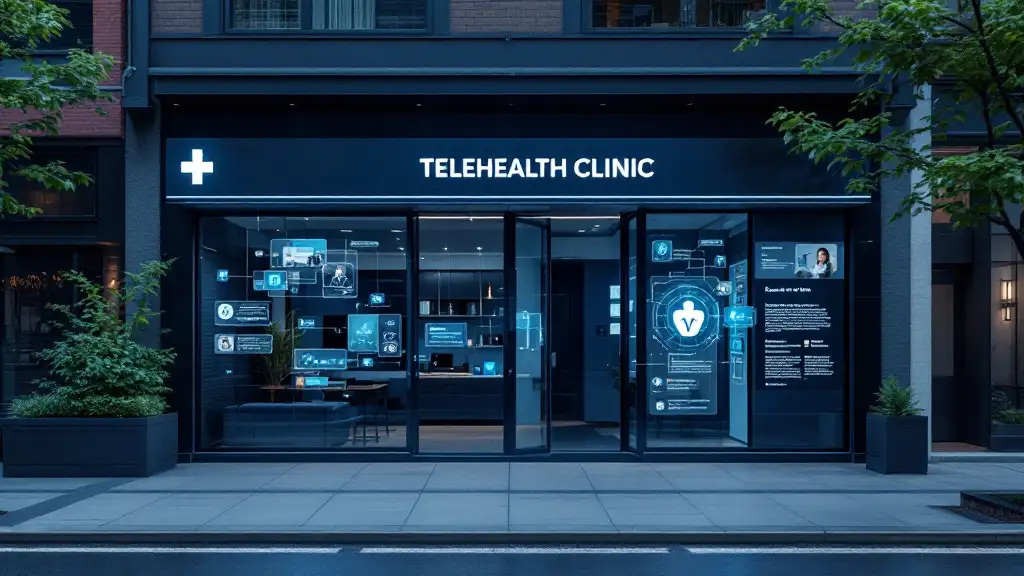
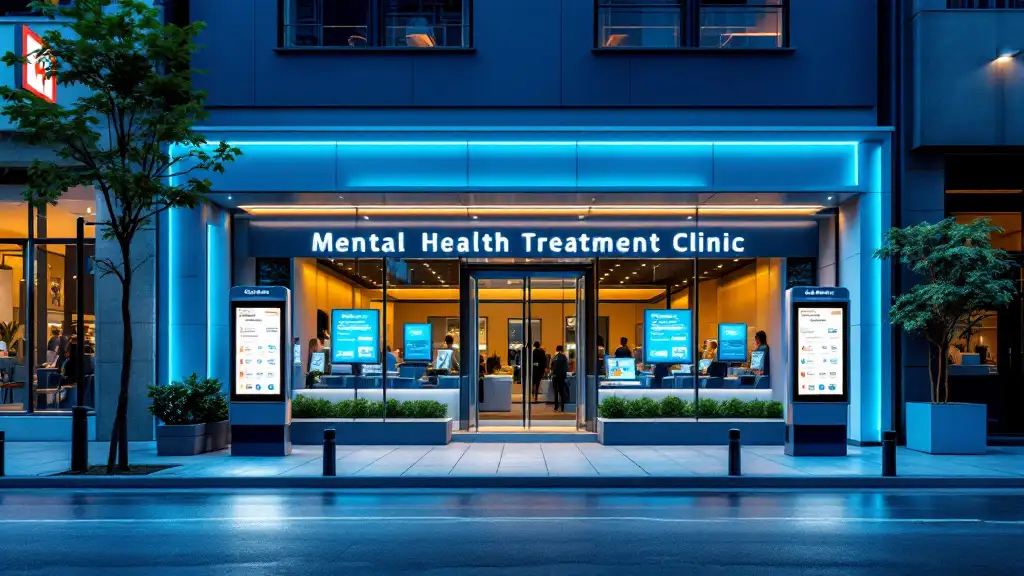


































































.png)